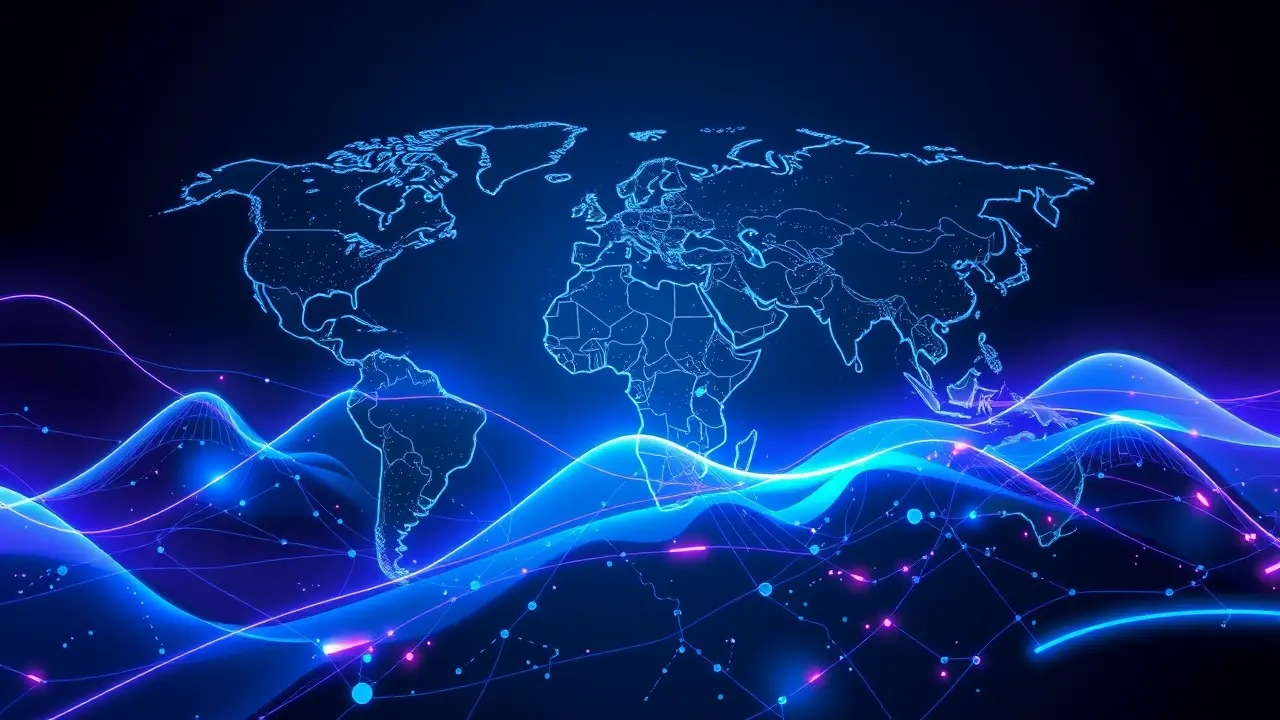China Expands Rare Earth Export Controls Ahead of Trump-Xi Meeting
In a calculated geopolitical maneuver with seismic implications for global technology and defense sectors, China has dramatically escalated its trade strategy by implementing stringent new export controls on rare earth elements, their associated processing technologies, and derivative products, a move announced by its Ministry of Commerce and set to activate on December 1. This isn't merely a regulatory tweak; it is a strategic gambit that effectively grants Beijing a de facto veto power over critical segments of the international supply chain for semiconductors, artificial intelligence systems, and advanced defense hardware, even for entities operating entirely outside Chinese jurisdiction.The new regime mandates that any foreign company, anywhere, seeking to export products containing Chinese-origin rare earths or related tech must first secure a dual-use license from MOFCOM, with explicit denials anticipated for applications linked to military or advanced AI applications, including the production of 14-nanometer chips, 256-layer memory, and military-grade AI. Given China's overwhelming dominance—controlling nearly 90% of global refined rare earth production—this action weaponizes a resource that is as critical to modern civilization as oil was to the 20th century, essential for everything from electric vehicle motors and wind turbines to the guidance systems in F-35 fighter jets.The immediate risk scenario, as analyzed by geopolitical strategists like Velina Tchakarova who labeled the move a global weaponization, involves severe supply disruptions cascading through the automotive, renewable energy, and consumer electronics industries, inevitably triggering price inflation and compelling a frantic, and likely insufficient, search for alternative sources. For financial markets, this injects a profound layer of uncertainty, potentially denting the high-flying sentiment around AI stocks as investors confront the reality of a potential stranglehold on the physical materials required for innovation, a risk-off sentiment that could easily spill over into the crypto markets as traders seek non-correlated assets or simply reduce overall exposure.The timing is conspicuously strategic, arriving just weeks before an anticipated sideline meeting between Chinese President Xi Jinping and U. S.President Donald Trump at the APEC summit in South Korea, providing Beijing with formidable leverage by directly threatening the technological and green energy ambitions central to Western economic and national security policy. This is not Beijing's first foray into using rare earths as a coercive tool—the 2010 embargo against Japan over a territorial dispute served as a stark warning—but the current rules represent a far more sophisticated and globally encompassing escalation, moving beyond simple export quotas to a licensing framework that allows for surgical, politically-motivated denials.The long-term consequences force a painful reevaluation of global supply chain dependencies, potentially accelerating efforts in the U. S., Europe, and allied nations to onshore or friend-shore rare earth mining and processing, though such projects face years of lead time, immense capital costs, and significant environmental hurdles. In the interim, the world's tech and defense industries are left navigating a new landscape where the foundational elements of their products are subject to the approval of a single, strategic competitor, a high-stakes scenario that reshapes the contours of 21st-century economic statecraft.
It’s quiet here...Start the conversation by leaving the first comment.
© 2025 Outpoll Service LTD. All rights reserved.
